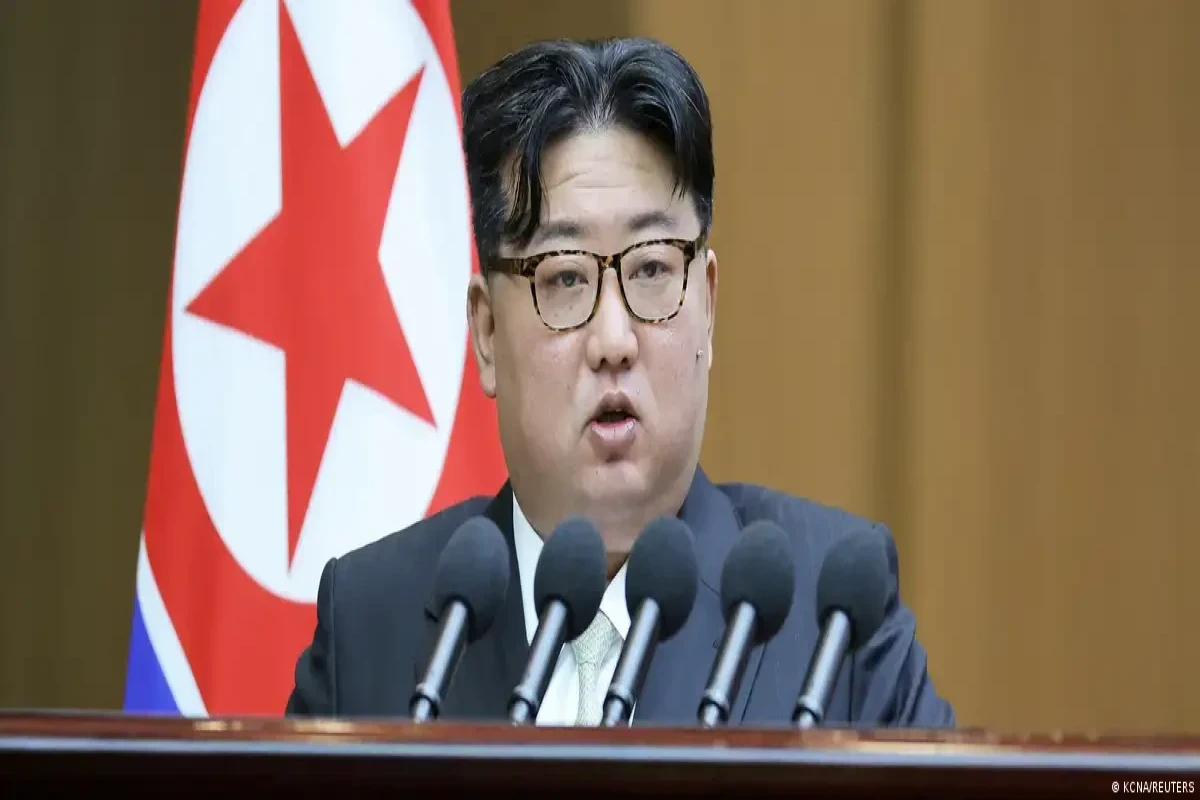The Colombian government and the National Liberation Army (ELN) have reached an extension of a historic ceasefire agreement that was set to expire last week.
On Tuesday, the Caracas government announced that it and the largest armed insurgent group in Colombia have agreed to extend the six-month suspension of hostilities. This agreement provides additional optimism regarding the potential cessation of prolonged periods of violence.
In August of last year, President Gustavo Petro and the ELN reached an agreement for a 180-day ceasefire, the result of protracted negotiations. Five days were added to the moratorium subsequent to its expiration last week.
Early Tuesday morning, the parties issued separate statements announcing an additional six-month extension.
Will government assistance replace abduction?
Over fifty years of conflict have afflicted Colombia, involving the government and a variety of armed groups leaning to the left or right, in addition to drug trafficking.
The ELN was founded in 1964 by clergymen, students, and union leaders who were inspired by the Cuban revolution and held a leftist ideology. It operates illegal gold mines and drug trafficking routes in Venezuela, where it also has approximately 4,000 combatants.
It is also notorious for orchestrating ransomware abductions and assaults on energy infrastructure. It is a “terrorist” organization according to both the European Union and the United States.
As a result of the agreement to cease kidnappings, the ELN has requested financial assistance from the government to recoup lost revenue.
The armed group announced that it will “temporarily and unilaterally suspend economic detentions; the Monitoring and Verification Mechanism will subsequently enforce this commitment.”
A lengthy journey to a truce
The FARC, an abbreviation for the Marxist Revolutionary Armed Forces of Colombia, was dissolved in 2016 through a peace accord. Thus, the ELN became the largest rebel organization still present in the country. The organization has subsequently expanded its operations into regions that were previously under the authority of the FARC.
In 2019, former conservative president Ivan Duque cancelled peace negotiations with the ELN in response to a car bombing at a police academy in Bogota that claimed the lives of 22 individuals.
In November 2022, negotiations between Bogota and the ELN were resumed in the neighboring country of Venezuela. The subsequent stages of peace negotiations have been bolstered by the guarantors of Mexico, Norway, Venezuela, Cuba, Brazil, and Chile.





